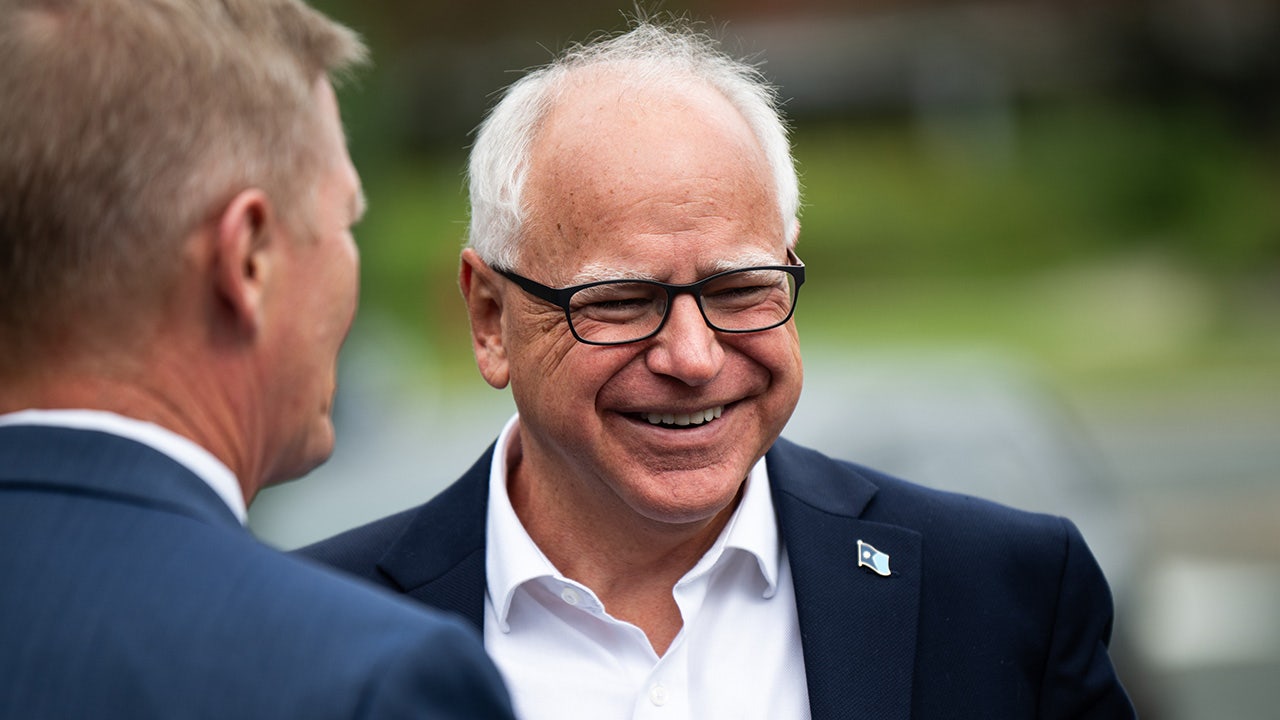Even though some of the accounts Ms. Mickelson follows online belong to people who cover politics, she sees the content they share as different from mainstream coverage. For instance, she appreciates that Mr. Walsh of The Daily Wire “says outright, This is what I believe, and this is probably how it’s going to be biased in his way,” she said. (Among other positions, Mr. Walsh is known for taking an aggressive stance against L.G.B.T.Q. rights.)
“Whereas other media sources will tell you they’re not biased, nonpartisan,” added Ms. Mickelson, who is a student at Baylor University. “But clearly there are biases, and they do lean different ways.”
Nolan Jackett, a 21-year-old electrician in Richfield, Wis., also follows staff members at The Daily Wire, a media company whose founders include the right-wing pundit Ben Shapiro. He finds what they share “less scripted, more legitimately relatable” and “generally more conservative” than content from mainstream right-wing media personalities.
Leona Salinas, 19, who lives near Uvalde, Texas, said she liked how Ms. Cooper, 22 and the host of The Daily Wire’s video series “The Comments Section,” critiqued progressive stances on social issues like diversity and abortion. “She says what everybody is thinking and is too afraid to say,” said Ms. Salinas, a student at Texas State University.
Alex Mahadevan, who works to debunk misinformation as the director of MediaWise at the Poynter Institute, a nonpartisan nonprofit organization, said young people’s increased trust in the online chattering class rather than in the mainstream media was a problem because content creators, unlike most journalists, “are bound by no journalistic ethics.” That pertains to people across the political spectrum: Hasan Piker, a popular left-leaning streamer on Twitch and YouTube, “shares as much misinformation as anyone on the right,” he added.
Mr. Mahadevan said the preference for content that affirmed beliefs stemmed from what he called a core human desire: the need for validation. “Confirmation bias and motivated reasoning are so powerful in humans,” he said. “We want to believe the facts that confirm what we think.”






